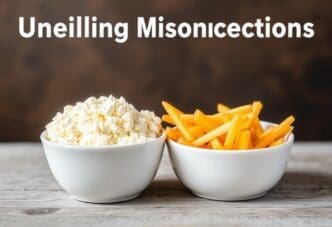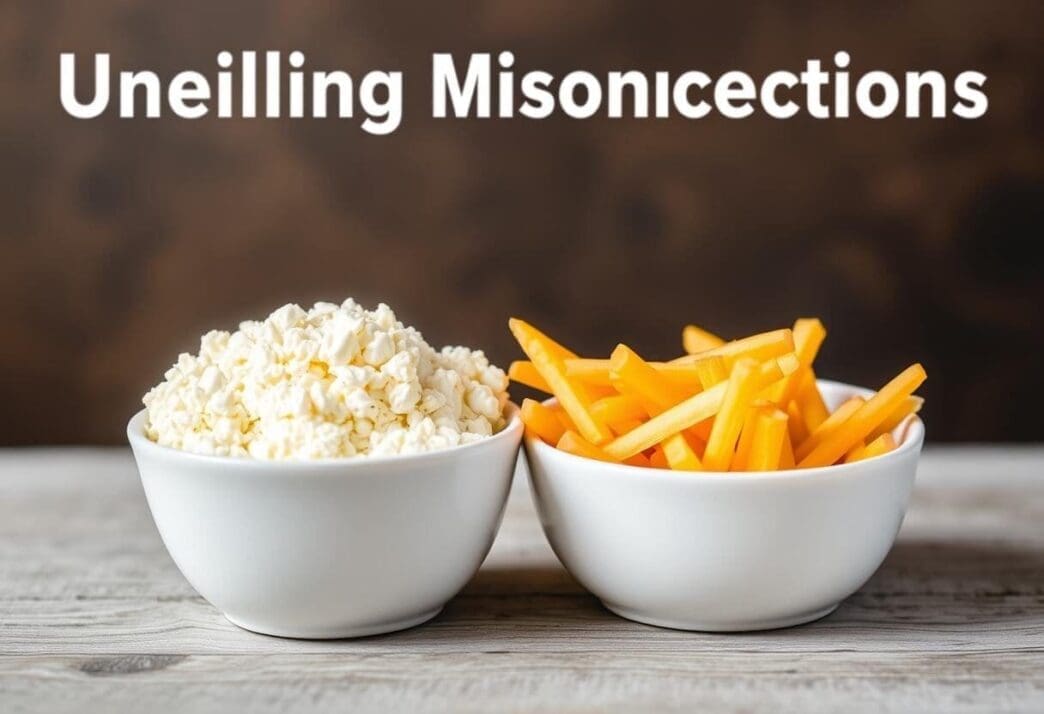Some foods carry a “healthy” label without truly living up to the reputation. People often believe they are making sound dietary choices only to discover these items may not be as beneficial as perceived. While these foods are not bad per se, their supposed health benefits are sometimes exaggerated. This begs the question: what common foods do health experts say aren’t as healthy as we think?
One prominent example is the beloved protein bar. People flock to these snacks post-workout, lured by the promise of protein, only to overlook their sometimes shocking sugar content. Protein bars might offer a quick protein fix, but they come with their share of added sugars, making them less of a health food than a convenient snack.
On a similar note, the term “organic” can be misleading. While organically grown foods avoid synthetic pesticides, this doesn’t automatically equate to a healthier choice. Many “organic” products are still high in sugars and fats, and their health value depends much more on the overall nutritional content rather than the label itself.
Let’s talk about veggie chips. Marketed as a healthier alternative to the traditional potato chip, veggie chips often contain similar levels of sodium and fat, bringing into question their purported benefits. Once you strip away the marketing, you’re left with a snack that’s more similar to its predecessor than not.
Bottled fruit juices are another food often misunderstood. Many consumers assume these beverages are just as nutritious as whole fruits, overlooking the high levels of added sugars and the absence of fiber. While they may still offer some vitamins, bottled juices can hardly compete with the nutritional profile of fresh fruits.
While indulging in these foods is not inherently bad, it’s essential for consumers to look beyond the labels. Understanding the complete nutritional profile of foods leads to better dietary choices and dispels myths surrounding supposedly “healthy” products. A critical approach to food choices ensures a balanced, informed diet.







